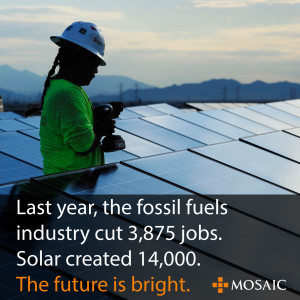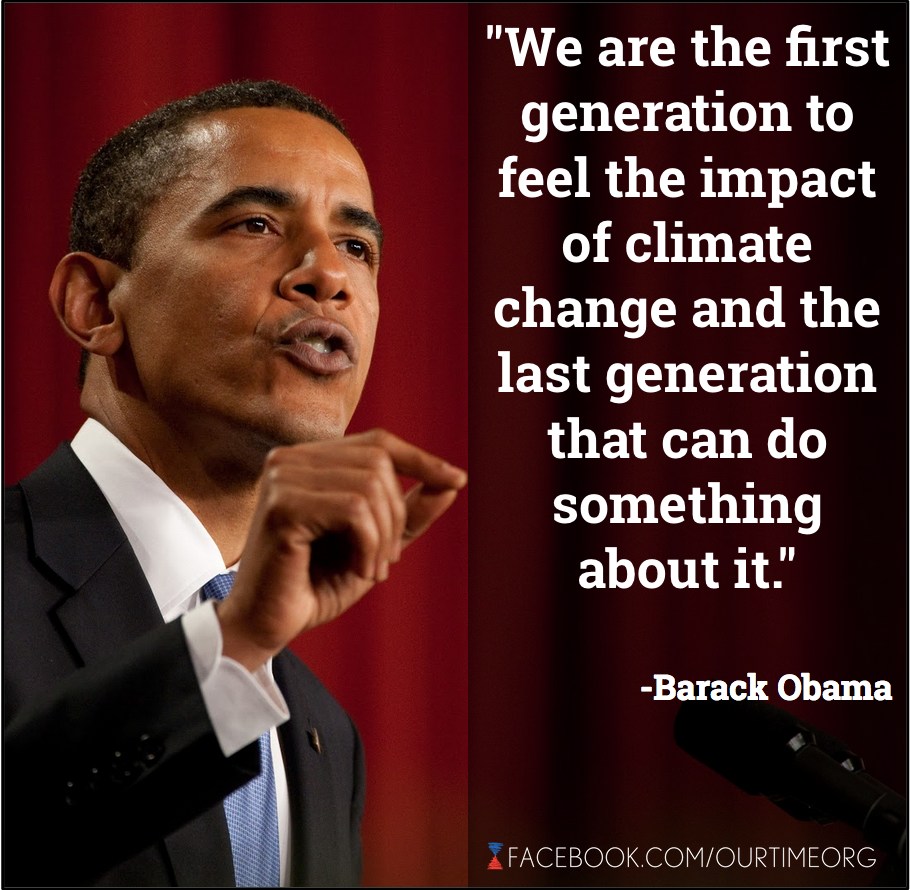
The ascension of climate change to a leading priority of most of the world’s governments has pushed the need for practical and wide-reaching climate solutions capable of being implemented in the short-term. This has led some climate deniers to protest that climate change is a hoax to redistribute wealth. With the rapid growth of renewable bioenergy, solar, wind, geothermal and hydro energy, it isn’t difficult to understand the climate deniers claim. However, with the high volume of evidence confirming that climate change is taking place at our expense, some redistribution of wealth may indeed be necessary if we are to achieve a global solution.
For developing countries like Jamaica, investing in the rapidly growing renewable energy sector is not only healthier for the environment than its non-renewable counterpart. Based on a study conducted by the United Nations Industrial Development Organization (UNIDO) and Global Green Growth Institute (GGGI) in April 2015, of the five countries studied, Brazil, Germany, Indonesia, South Africa and Republic of Korea:
- All renewable energy sectors combined would create a higher percentage share of employment opportunities for women, in some cases close to 50%.
- In the case of bioenergy for example, which would rely heavily on its raw materials from the agricultural sector, more employment opportunities would be available to persons with lower educational levels in comparison to its renewable energy counterparts, namely solar, hydro, wind and geothermal energy and even more so when compared to its non-renewable energy opponents coal, oil and natural gas.
- All renewable energy sectors combined would create a higher percentage of opportunities for self-employment and micro-enterprise.
As the renewable energy sector is relatively young, it continues to enjoy new advances in technology that improve the volume of end user utility. Bladeless wind turbines and solar panels that are more compact and lightweight give us a small glimpse into the future of renewable technology’s potential for growth and further evolution.
Although new tech tends to be more expensive, proven existing technology are already making their way around the world through deals, loans and special projects. For developing countries, opening doors to enable researchers to determine which energy projects would be best suited means doing more for the environment and more for the people concurrently.
Start – 1 – 2 – 2b – 3 – 4 – 5
Additional Reading:

